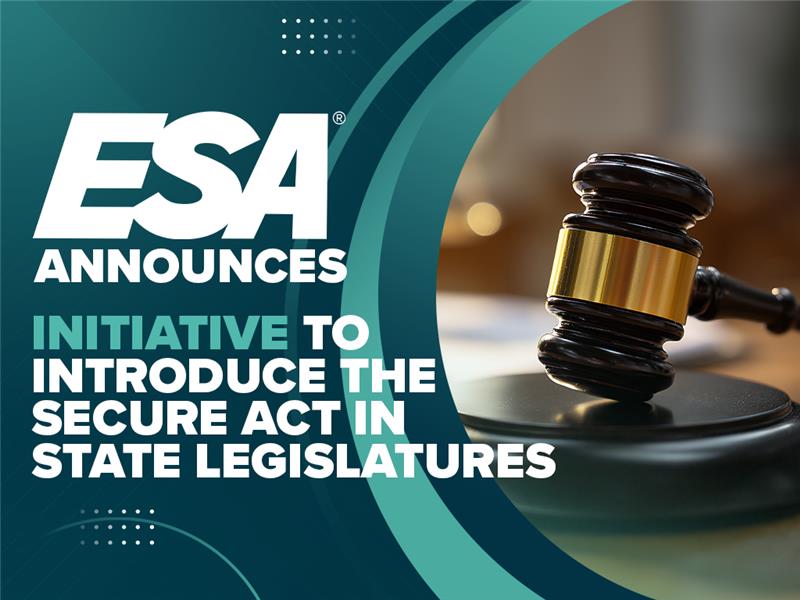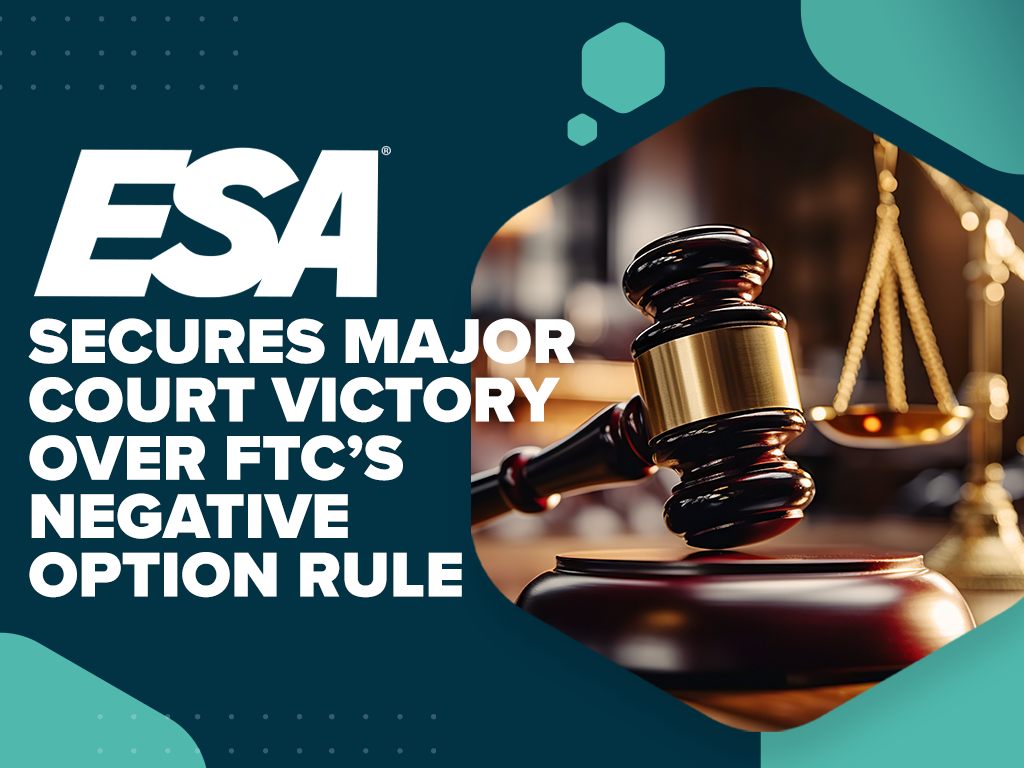What You Need to Know about the $2 Trillion Coronavirus Aid Bill to Help Your Business

Jillian Bateman — April 1, 2020
President Trump signed the $2 Trillion Coronavirus Aid, Relief, and Economic Security (CARES) Act on March 27, 2020, but what is in the bill that will help you NOW? Some highlights include:
Paycheck Protection Program
- Eligible Paycheck Protection Plan (PPP) loans will be fully forgiven (including interest during the forgiveness period) for money used to make payroll, pay rent and utilities for 8-weeks.
- Companies with fewer than 500 employees, sole proprietors, independent contractors and self-employed are eligible.
- Lenders are given delegated authority to approve loans. The only documentation required for eligibility is proof of business establishment before February 15, 2020 and employee pay records.
- No payments required for 6 to 12 months.
- Loan amounts may be issued for 250% of your average monthly payroll, up to $10 million.
Lenders will be accepting loan applications as soon as Friday, April 3, 2020. Independent contractors and self-employed individuals can begin applying on April 10, 2020. Apply through any existing SBA 7(a) lender, any participating federally insured depository institution or credit union. Click here for application form. The application and payroll documentation are required.
- The SBA expects high subscription so 75% of the amount forgiven must be used to cover payroll costs and the remaining 25% of the forgiveness amount may be used for rent, utilities, and interest on mortgage payments.
- PPP loans have a maturity of 2 years and an interest rate of 1%.
- For a fact sheet from the treasury click here.
Emergency Economic Injury Disaster (EIDL) Loans and Grants
- Expands EIDL loans to include businesses under 500 employees, sole proprietorships and independent contractors.
- Waives personal guarantee requirement on loans up to $200,000 through the end of 2020.
- Allows an applicant to receive a $10,000 advance within 3 days of application. The advance does not need to be repaid, even if the EIDL is eventually denied. The advance must be used for maintaining payroll, paying business rent, mortgage or other obligations.
- To review eligibility for an EIDL loan, click here.
Subsidy for Certain Loan Payments
- Requires the SBA to waive loan payments (including principle and interest) for six months beginning with the first month of deferral period for existing 7(a), 504 or microloans.
Assistance for Workers, Families and Businesses
- Temporary assistance through the end of the year for payments to those not traditionally eligible for unemployment benefits (self-employed, independent contractors, seasonal workers, etc)
- An additional $600 per week for those who receive unemployment due to the pandemic.
- Unemployment extended for 13 weeks after regular unemployment benefits from states end.
- All U.S. residents with adjusted gross income up to $75,000 ($150,000 married) are eligible to receive a $1,200 rebate ($2,400 married). An additional $500 per child. There is no minimum income requirement to receive this benefit. The rebate is reduced by income that exceeds the maximum and is completely phased out for single filers at $99,000, $146,000 for head of households and $198,000 for joint filers with no children.
Business Provisions
- Provides refundable payroll tax credit for 50 percent of wages paid to employees during the COVID crisis. This credit is only available to employers who were shut down or lost at least 50 percent of their business compared to the same quarter last year.
- Allows employers to delay payment of payroll taxes with half due at the end of 2020 and the other half at the end of 2021.
- Places a limit on required paid leave and paid sick leave to employees.




